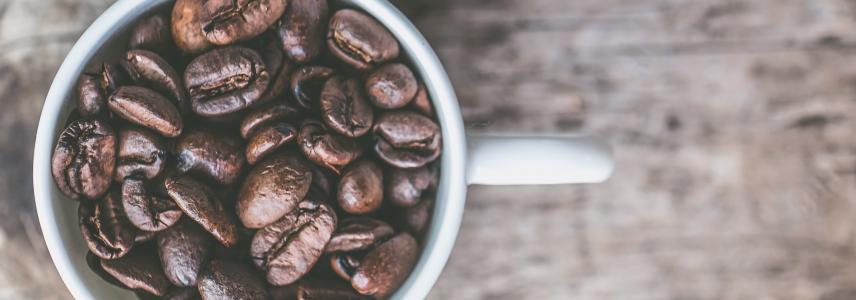Private label coffee consumption during COVID-19

The out-of-home coffee market was greatly affected during the COVID-19 crisis. Many coffee shops closed, and people worked and drank coffee at home. Coffee sales at supermarkets went up. This benefitted private label brands and created a trend.
Early in the COVID-19 pandemic, consumers around the world rushed to the supermarkets to stock up on products. Retail sales went up a lot. Retailers also developed online sales and delivery solutions for consumers. This made supermarkets the main source of food and beverages during the pandemic.
Between September 2019 and September 2020, food and grocery sales grew in all European markets. Sales in this sector increased by:
- 11% in the UK;
- 15% in Spain; and
- 10% in the Netherlands.
Also, during the pandemic, more consumers turned to private label products. These supermarket brands were more available, visible and cost less.
Private coffee labels becoming more popular
Over the past years, private label coffee has replaced several other European coffee brands. Nowadays, large European supermarkets have their own coffee brands and coffee products. Examples include Perla from Dutch supermarket Albert Heijn, E.Leclerc’s L’origine du goût in France, and Tesco Finest and Marks & Spencer in the UK.
Another reason why private label coffees are so popular is that there is more variety. Most supermarkets offer several quality options and coffee from different origins. Many supermarkets have entered the premium segment and are expanding their range of certified coffee products. Retail sales of organic-certified private label brands are increasing. Examples of organic private label brands in Europe include REWE Bio in Germany, Carrefour Bio in France, and Waitrose Duchy Organic in the UK.
You can also see growth in certification, as many coffee products now have more than one certification. This is especially the case for organic and Fairtrade-certified coffees from supermarkets’ private label coffees. Examples of these are ALDI’s Barissimo line and Waitrose’s No.1 line coffees. These have single-origin options from Colombia, Indonesia, Peru and other countries.
Most retailers outsource their buying and roasting activities. A few supermarkets have their own roasting facilities. Examples of these include ALDI Nord and Süd in Germany, and Ahold Coffee Company in the Netherlands. Ahold Coffee Company opened a new roasting facility in October 2020. This shows that coffee as a category is becoming more important for European retailers. Also, retailers’ brands are more important to European consumers.
Learn more about developments in the market
Do you want to know more about trends in the coffee sector that offer opportunities or risks in Europe? Read our full study on trends in the European coffee sector. Go to CBI’s coffee market information page for studies about promising markets and promising export products, such as organic coffee.
Gustavo Ferro and Lisanne Groothuis from ProFound – Advisers In Development wrote this news article for CBI.
Stay informed
To stay informed on the latest developments in the coffee sector, make sure to subscribe to our newsletter.